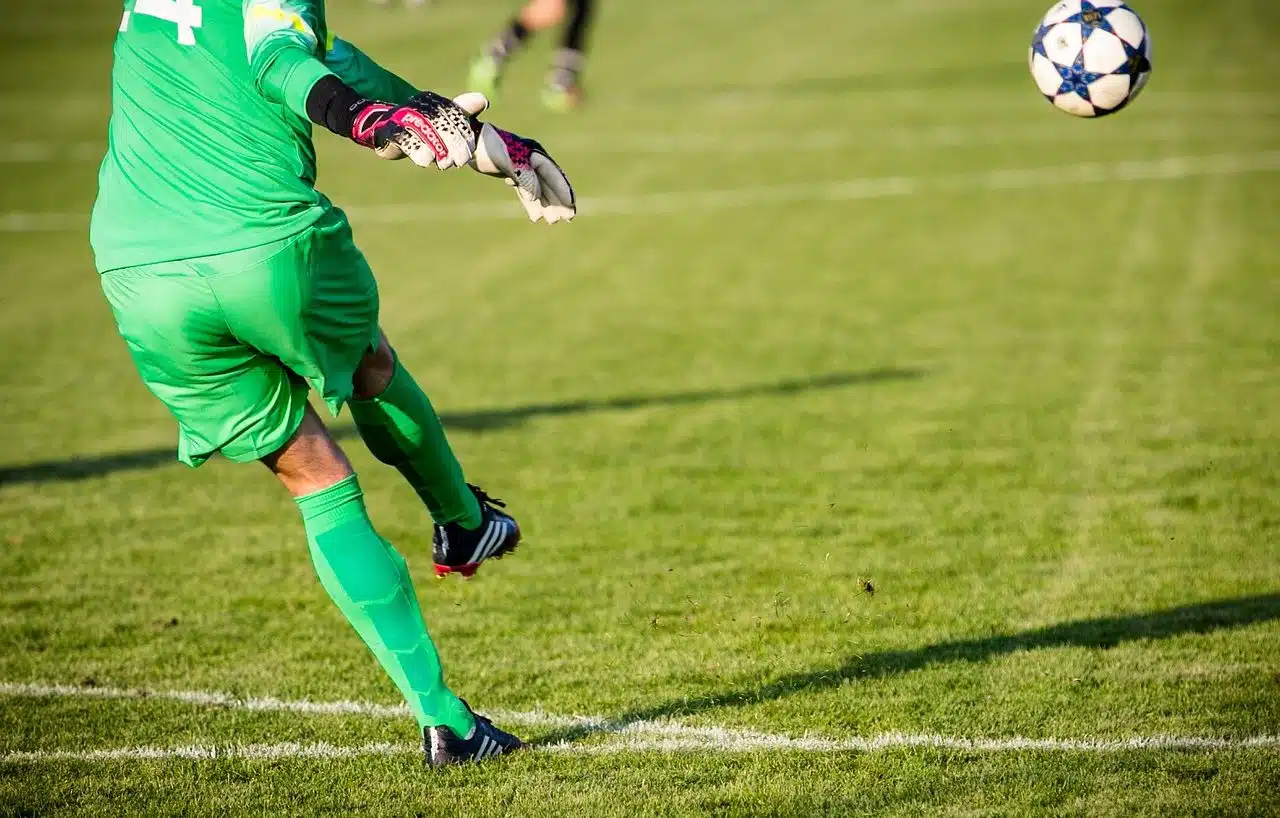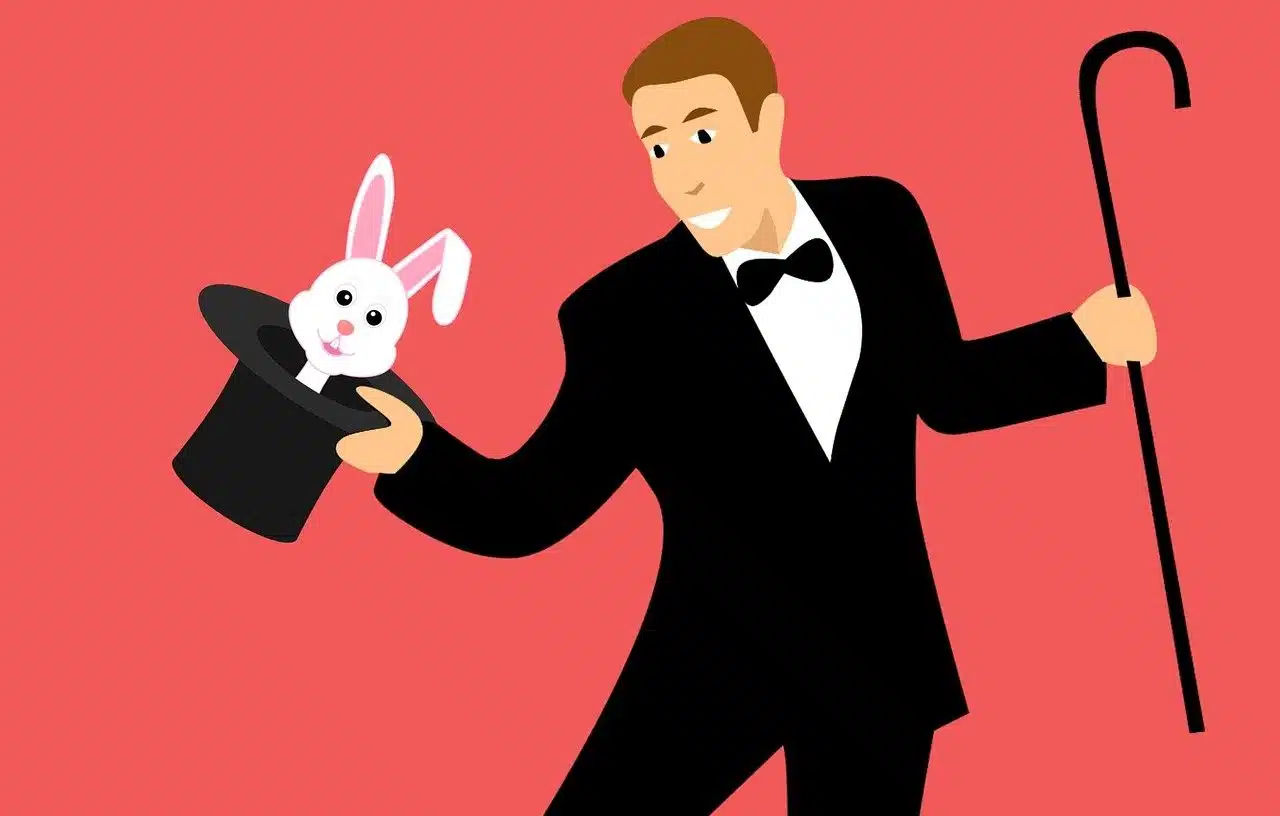
In soccer, a pass consists of handing the ball to a teammate.
Pass is the procedure and results of the verb pass . A pass, therefore, can be the consequence of moving to a place, handing something to another person or overtaking oneself.
In the field of sport , passes consist of sending the ball (or ball) to a teammate . For example: “Cristiano Ronaldo scored Real Madrid's first goal after a pass from Ángel Di María” , “In the last play of the game, the Boston Celtics point guard tried a risky pass that was unsuccessful” , “The All Blacks made twenty-five passes before scoring the try.”
Continuing in the sporting context, a pass can be a player's contract : “Manchester City secured the transfer of the Spanish midfielder,” “The club fired the French defender, who kept the pass in his possession and will be able to negotiate with any set" .
Types of passes in soccer
Snap Pass
It is also known as a direct pass and is usually executed between two players who are a short distance away , on occasions in which there is not much chance of error. A possible technique to make a pass of this type is to place the supporting foot parallel to the ball, pointing in the desired direction, and then kick with the inside of the foot in the middle of the ball.
long pass
It is used to send the ball to a teammate who is at a great distance and who is not being marked by any defender. Once a long pass has been executed, the ball changes playing area and the team has the possibility of starting a counterattack. It should be noted that carrying it out requires power and precision. It is advisable to close the ankle and hit the ball in the middle using the cleat laces.
Pass back
It is a pass that serves as a defensive tactic , as it is used by defenders when they cannot send the ball forward, usually with the aim of maintaining control of the ball in moments of pressure from the opposing team. To execute a backward pass you can use the sole or the heel.

A magic trick can be referred to as a pass.
Other uses of the term
A pass can also be a magic trick or a certain movement that is performed to deceive other people: “The illusionist hit the box with a wand and performed a pass that surprised the audience by making the contents disappear,” “And with “This magic pass, I am going to turn these rocks into sand.”
Pass, on the other hand, can be an authorization granted by someone with power to enjoy a right or take advantage of a certain privilege. In this sense, a “free pass” to a music festival allows the person who holds it to enjoy all the activities and have access to any corner of the facilities.
A pass, in a similar sense, can be a document that allows someone to visit various places or cross borders or limits: “With this pass signed by the governor, you will have no problems entering maximum security rooms.”
Pass as a conjugation of pass
From a grammatical point of view, pass corresponds to the conjugation of the verb pass in the present tense of the subjunctive mood, both for the first and third person singular.
Let's look at some example sentences: "No matter what happens, I will always be with you" , "I see very little chance of Martín passing the exam, although I don't rule out that he will succeed if he really tries" , "Next time he goes through "I will try to bring up the topic at home to find out your opinion on the matter."
